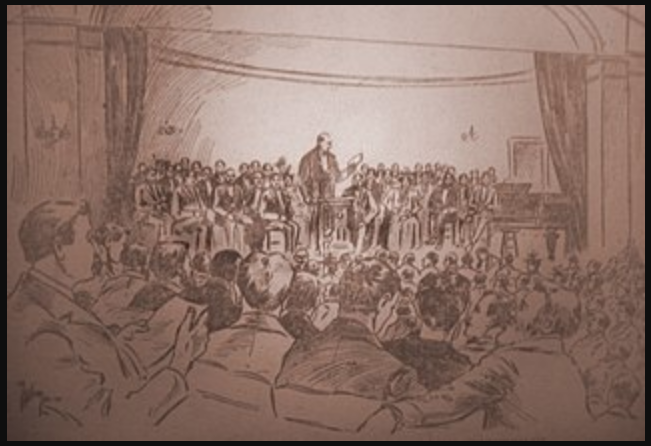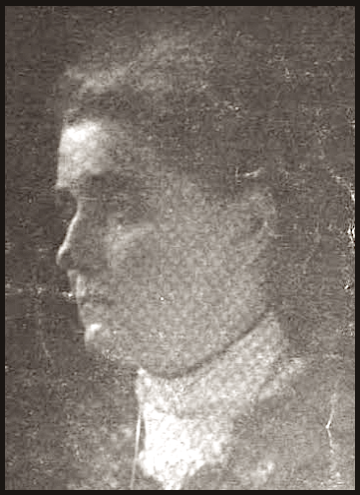Women of the World, Unite.
You have double chains to lose
and you have the world to gain.
-May Wood Simons
—————
Hellraisers Journal – Sunday November 9, 1902
“How I Became a Socialist” by May Wood Simons
From The Comrade of November 1902:
How I Became a Socialist.
VIII.
By MAY WOOD SIMONS
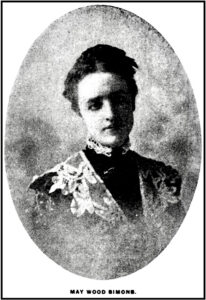
“Day’s Wages for Day’s Work.” Over and over again I had read the rugged lines of Carlyle’s “Past and Present” in my university days. It all came back to me one summer vacation when I returned to our Wisconsin town to find it excited over the trial of a favorite professor at the State University.
“Socialism” was then a new word to me and had little or no meaning, but my curiosity led me to at once procure and read the book that was arousing the commotion-R. T. Ely’s “Socialism and Social Reform.” I read it several times and then fell to studying his “French and German Socialism” I was far more impressed by his statement of Socialism than by his objection to it. The latter seemed to me very weak.
In the fall when I returned to Northwestern University I began the reading of Ruskin on the one hand and the study of Adam Smith and John Stuart Mill’s “Principles of Political Economy” on the other. Fortunately I was not so fascinated by Mill’s wonderful logic and beautiful style that I lost my spirit of criticism. Hence I did not acquiesce blindly in his conclusions as did the majority of my fellow students. The “Wage Fund” theory, so universally accepted in the economics department, was to me a stumbling block. Long before reading Marx I came upon the Labor Value theory in Mills and Ricardo, and as I turn over my old note-books, I find them filled with quotations from Mill, that set forth the Class Struggle as plainly as any Socialist ever stated it. These contradictions I could not explain. There was no one to tell me of Mill’s change of mind, and not until I became interested in his personality, and took up his autobiography, did I find that before he died he called himself a Socialist.
My economic studies continued through the other classical writers to the Austrian, German and later American economists, and at each step I felt that I must get out of this mass of dead hair-splitting and mental calisthenics, and find something alive in the way of economics. Their a priori statements and apparent disregard of actual conditions and tendencies was evident to me.
At a bookstore I one day came upon Arnold Toynbee’s “Industrial Revolution.” As I read it I felt that here was something that gave me more of economics than the theoreticians possibly could. My next book was Marx’s “Capital.” I had heard of it before as “The Bible of the Working Classes.” I studied it carefully. The first thing that impressed me was his great scholarship and his masterly chapters on industrial history. The labor value theory was again brought to my attention, and for the first time, surplus value. Here, said I, is the secret of capitalism. When I had obtained the “Manifesto” and Engels’ little book on “Socialism, Utopian and Scientific,” and read them, I was a convert to Socialism.
Quite accidentally I had come into contact with settlement work, at Hull House and the Northwestern University Settlement. I frequently went on “slumming” trips, and having been brought up in a country town, where poverty shows few of its horrible features, I was suddenly made aware that a worse than the Inferno of Dante existed on earth. In the strike of 1894 I took the greatest interest, and my only regret was that I could not be a man on the field of action.
I had originally planned that on finishing my university work I would take a theological course preparatory to entering the ministry, in which work I had already engaged to some extent. I found, however, that my university studies had unfitted me for this, and I turned to the profession of teaching for the next few years. Here I continued my economic and sociological studies and began to fully grasp the idea of Socialism as a philosophy of society. For the first time I felt the inadequacy of our school methods and the existence of class education, and I saw that education too must pass through a revolution.
The years from 1897-99 were spent in or near the Chicago University Settlement. At this time I became a member of a branch of the Socialist Labor party. I knew little or nothing of politics, less of Socialist party matters, or of the international movement. During these two years I spent four hours a day in the office of the Bureau of Charities. Night after night that stream of haggard faces kept me company in dreams. There were three distinct stages in my attitude of mind toward this problem of poverty. The sentiment of sympathy dominated during the first stage. Then the whole thing became mechanical. This in turn gave way to a fierce rebellion against the conditions that made people come begging for a pittance. Two years spent in this settlement and charity work forced both my husband and myself to leave it and give our whole time to the Socialist cause.
[Emphasis added.]
Continue reading “Hellraisers Journal: From The Comrade: “How I Became a Socialist” by May Wood Simons, Eighth of Ongoing Series” →
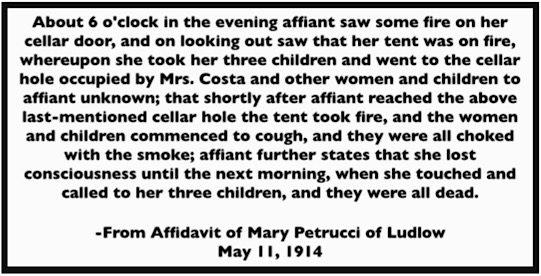 —————
—————
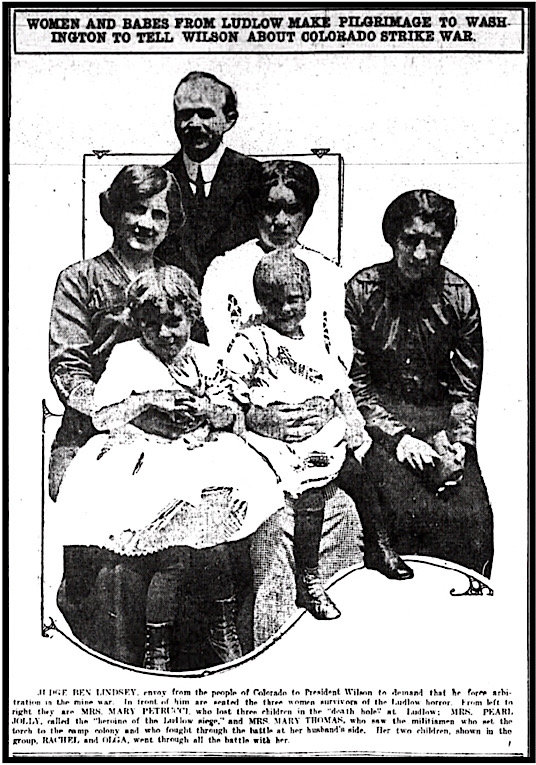
 —————
—————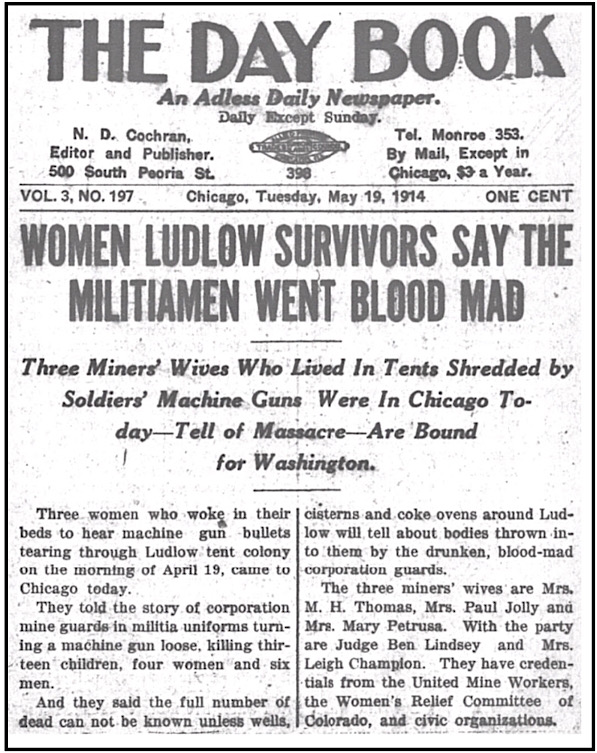
 —————
—————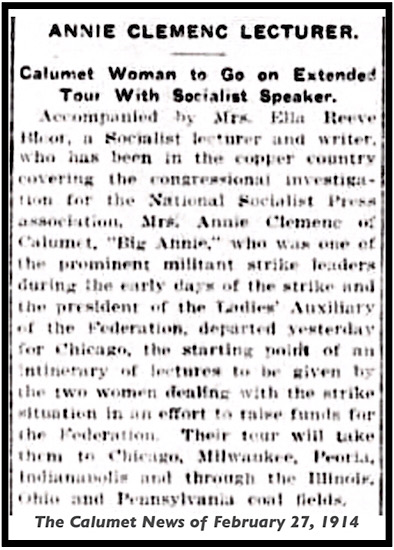
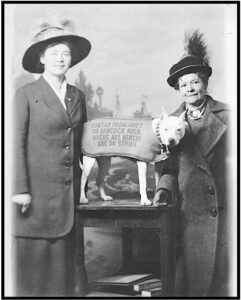

 ———-
———-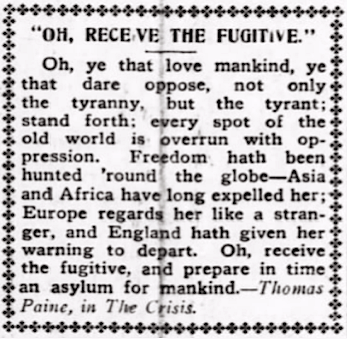
 ~~~~~~~~~~~~~~~~~~~~~~~~~~~~~~~~~~~~~~~~~~~~
~~~~~~~~~~~~~~~~~~~~~~~~~~~~~~~~~~~~~~~~~~~~